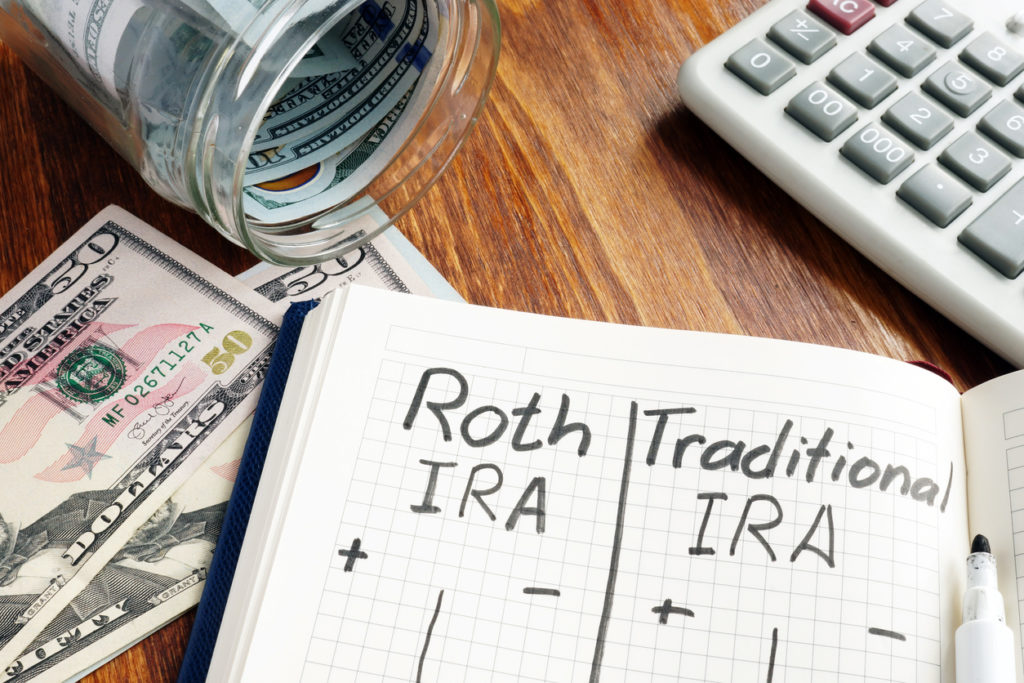
Retirement is a word that seems so far into the future until suddenly it’s not. It takes decades to develop a retirement fund. You may find that your original retirement plan isn’t going to cut it. Have you relied too heavily on a 401K? Or are you planning now and looking for 401K alternatives?
Whether your employer doesn’t provide a 401K option or if you’re looking for additional retirement income, it’s time to look into 401K alternatives. Although if you own your own business you may want to take advantage of a solo 401K.
A 401K is made to allow employees to contribute a portion of their salary to save for retirement. Employers will add to this account as you do. This account accumulates tax-free until you withdraw the funds. Typically you’ll be in a lower tax bracket by the time retirement rolls around.
Companies will have a set plan for how much they are willing to add to your 401K. For example, some companies offer 50 cents for every dollar that you add. Many will even match your contribution up to a certain amount.
You can use this money for investments or the company will invest in portfolios for you depending on your predicted retirement date. This may come with management fees that come out of the 401K account.
Many companies have a vesting requirement. This means that each year with the company you’ll own a certain percentage of your company’s 401K contributions. Once you are with the company long enough you will own 100%. A 401K is much less appealing when you don’t plan to stay with one company for the long haul. This is one of the many reasons you might be looking for 401K alternatives.

Similar to a 401K, an IRA allows you to put money away for retirement tax-free until you withdraw the funds. You may also lower your taxable income by putting money away into these accounts (this depends on your yearly income). This is one of the most popular accounts in people’s retirement plans.
There is a maximum amount that you can add to the account each year. For this reason, you need to have other 401K alternatives in your retirement plan.
This account is different from the traditional IRA because you add money to it after taxes are taken out of your income. You don’t get the tax savings immediately the way you do with the traditional IRA. However, when you do withdraw the money at retirement, it won’t be taxed.
IRA accounts usually have more options for investments than a 401K plan. Some allow you to invest in individual stocks and bonds as well as funds. With little to no maintenance fees, IRA accounts have a few advantages over a 401K.
This is an account for those who are self-employed or own a business. The account has the same rules as the traditional IRA but they have a much higher limit for yearly contributions. Contributions are only limited to 25% of business earnings. Although any employees of the business must receive the same contributions.

Accumulating equity in rental properties is one of many 401K alternatives. This of course comes with its risks if you buy when the real estate market is high and the prices drop later. There are also some hidden costs of maintaining the house and evicting tenants.
One pro of investing in real estate are the tax benefits of depreciation as well as lower capital gains taxes when you sell the property. You also accumulate equity as the renters are paying your mortgage.
The stock market is one way to grow your money over a long period of time as a 401K alternative. Of course, this option has its risks as well. There’s no guarantee your money will continue to grow. You may lose money depending on the investment. The stock market is a way many people grow their money with inflation.
Many people have a life insurance policy that they’ve been pouring money into without realizing the asset they have. One of the best 401K alternatives is life settlements.
A life settlement is when you sell your life insurance policy for cash. The investor takes over your premiums and they receive the death benefit when you die. You receive a lump sum to help fund your retirement.
You may qualify for a life settlement if:
You can use this calculator to get an idea of how much your policy is worth. If you are considering a life settlement, reach out for a free consultation. We would love to discuss your options and determine if a life settlement is right for you.
Get an instant quote for a policy.
© 2025 Windsor Life Settlements, LLC. All rights reserved.